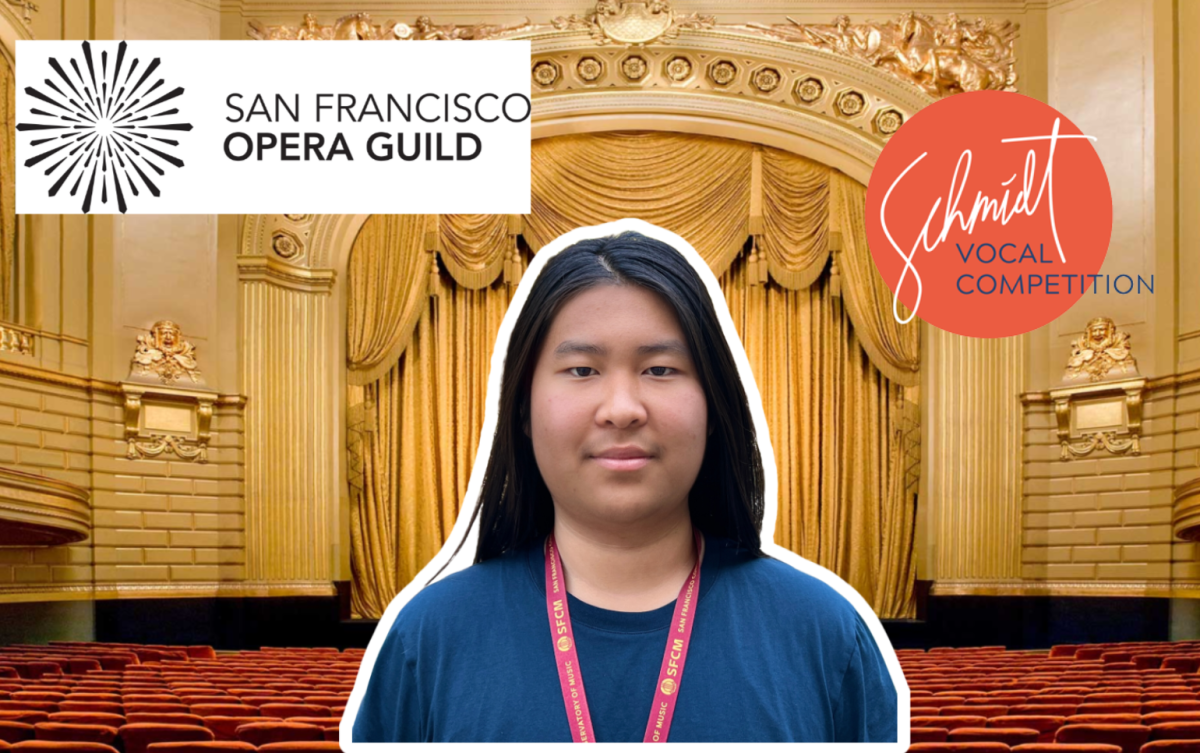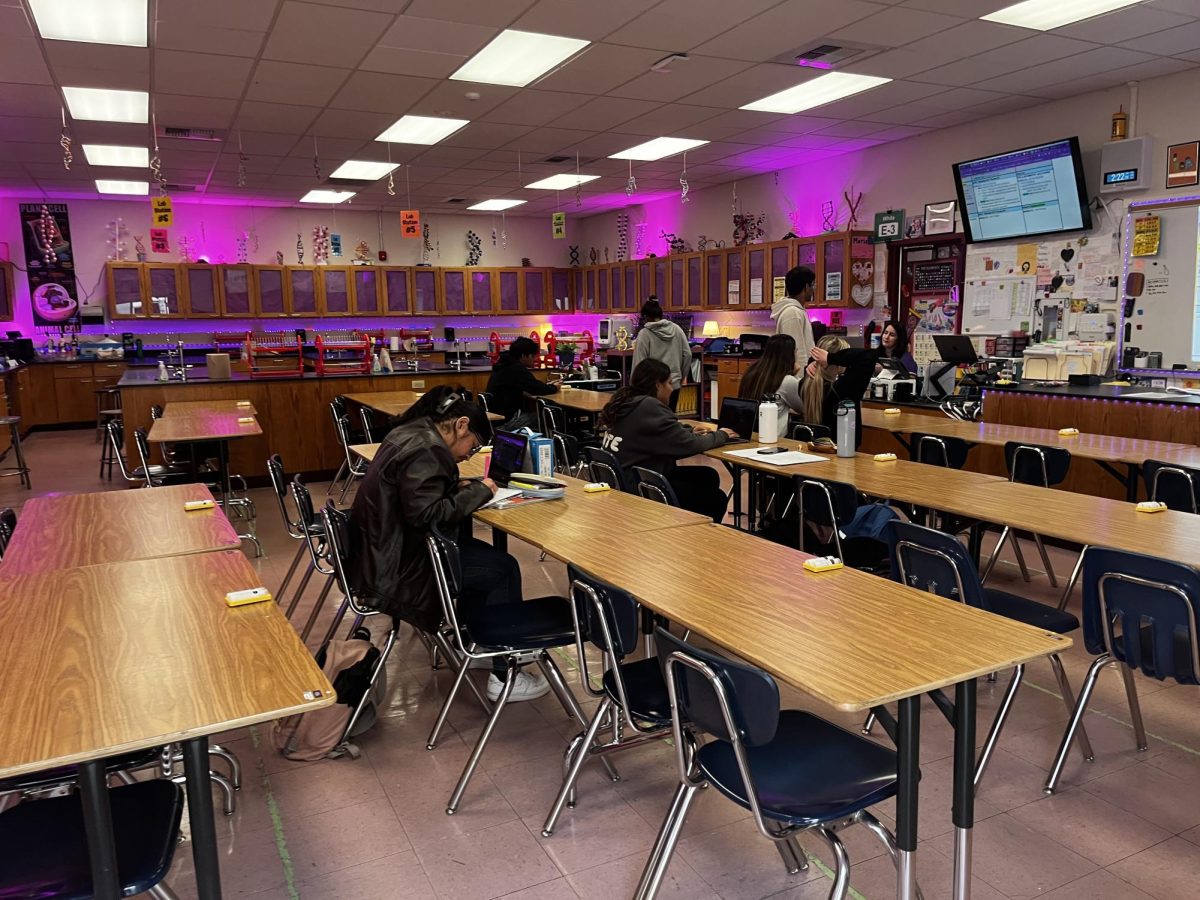David Wu (‘26) has a passion for opera singing. He performs in professional productions at opera houses and travels around the state throughout the year to sing in competitions.
“I sing bel canto, which in direct translation means beautiful singing. It is the Italian opera style, which is more lyrical. Bel canto uses passaggio, the higher register of your voice which transitions between [low and high vocal ranges],” said Wu.
In front of an audience
Opera singing is more than a hobby for Wu. This year so far, he has competed in the CS Vocal Competition and is now preparing to attend the regional division for the Schmidt Vocal Competition on October 28th.
“For the CS Vocal Competition, I had to travel to San Francisco. For Schmidt, I have to go down to Chapman University in Southern California, which is about 6-7 hours of driving. If I get to the finals, I will be flown out to Florida to compete in the national section of the Schmidt competition,” said Wu.
Opera is more than singing. Judges look at other factors like performers’ gestures and body language. Many small details play a role in a good performance.
“The five main categories I believe they judge you on are presence, vocality, lyrical abilities, voice, and gestures. Your gestures come down to your eyes, mouth, head, torso, and hands. Where is your torso facing? How might you be looking at the judges? How will you place your hand? Will it be by your side, and are you fidgeting with your shirt?” said Wu.
Wu is a member of the San Francisco Opera Guild as a child singer. He is performing in Lohengrin, an opera about a girl and her mystical savior set in a fantastical medieval setting with knights, magical swans, and clashing swords.
Behind the singing
Competing and performing requires dedication and hard work. Wu practices daily and spends a huge portion of his time each week training with his coach and teacher.
“I travel from Pleasanton to San Francisco twice a week, one time after school on Mondays from 4 o’clock to 6 o’clock—I have a class there. Then on Saturday, I will be in San Francisco’s Conservatory of Music from 10:30 a.m. to 6:00 p.m.,” said Wu.
Training is not as simple as just singing repeatedly. Wu learns specific technical skills to help him sing in a certain style and he also practices the gestures that accompany his voice.
“I have a private teacher and a coach. A coach will play the piano and judge your diction—how you perform and your actions while performing. Say you lift a hand, and he’ll say, ‘Okay do this but with more style.’ Then my actual teacher will teach me how to sing, how to access the passaggio, what muscles to use, what feeling it will be,” said Wu.
Wu sings in many languages as not all opera is written in English. A key part of practicing is understanding the words of an opera and making sure he pronounces them correctly.
“You translate each word in a dictionary: French, Italian, German, Russian, English, [and] sometimes Chinese. Once you have the translation, you’re going to slowly learn the melody,” said Wu.
The reason for opera
Singing was something he fell in love with at a young age. He joined a choir in second grade and then started learning privately in third grade. He kept practicing until it became his routine, an essential part of his everyday life.
“I fell in love with music. I was like, ‘Oh my gosh, I get to sing and be loud as an excuse.’ I went from that to, ‘Oh my gosh, this is actually a good career. I have a chance of making this.’ And now it’s just become a habit to pursue singing. It’s what I want to do now,” said Wu.
Although competitions are exciting, Wu finds his passion for opera in the simple act of improvement.
“I feel like the defining moment is not with performance. It’s actually about discovering your voice,” said Wu. “One day you might be singing a high F and then you realize, ‘I can be doing this so much easier by just moving the throat downwards, or adjusting how I breathe in this section.’ It’s those small things. It’s not, ‘Oh, I won a competition,’ but it’s more like, ‘Oh my gosh, I went from screeching to actual singing.”





















